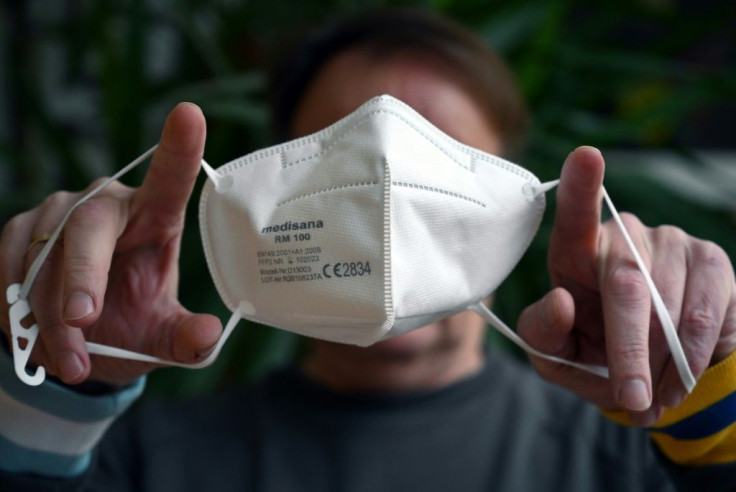Study: The Reason Why Men Spread COVID Easier Than Women
A study that was initially conducted to facilitate the safe return of the performing arts to the stage amid the COVID pandemic has revealed more about the spread of the virus among men and women.
The study, which was conducted by researchers at Colorado State University, showed that men spread coronavirus particles more frequently than women.
Researchers were looking for safety measures to bring performers back to the stage as theaters, concert venues and other live performances were shut down to prevent the spread of the virus.
Dan Goble, director of Colorado State’s School of Music, Theater and Dance, told a CBS affiliate out of Denver, “this was a national problem.”
More than 75 participants were part of the study that tested COVID particles (tiny airborne particles less than 100 microns in size) in the air using a chamber by singing songs such as “Happy Birthday” repetitively or performing songs on instruments, the news outlet said.
John Volckens, a professor in the Department of Mechanical Engineering who worked with Goble on the study, said, “Singing definitely emits more particles than talking.”
The study revealed that singing produced 77% more aerosols than talking.
Through the study, which was published in the peer-reviewed journal Environmental Science and Technology Letters, Goble and Volckens discovered some additional information about the virus that they weren’t expecting.
The study found that men produced 34% more aerosols than women, and adults produced 62% more aerosols than children.
“Adults tend to emit more particles than children," Volckens told KCNC. “The reason men tend to emit more particles is because we have bigger lungs.”
Volckens added that COVID is also spread easier through people who speak at louder volumes.
He told the news outlet, “The volume of your voice is an indicator of how much energy you're putting into your voice box. That energy translates to more particles coming out of your body. These are particles that carry the COVID-19 virus and infect other people.”
Speaking louder also translates into COVID risks for certain establishments.
According to Volckens, bars, sports arenas and concert venues may be susceptible to higher levels of virus spread due to the patrons speaking at louder volumes, while quieter venues like a ballet performance would have a smaller spread of COVID-19.

© Copyright IBTimes 2025. All rights reserved.





















